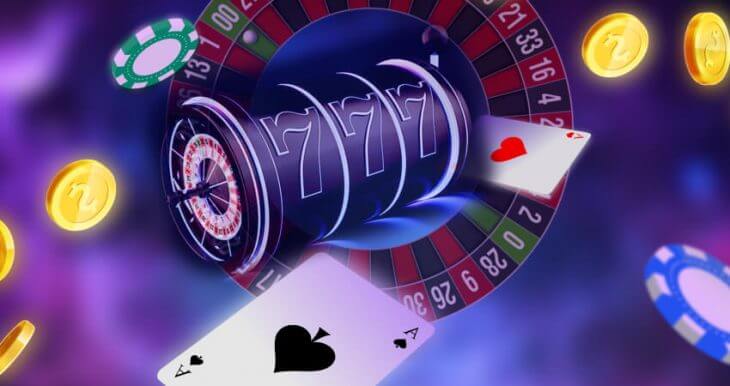The Evolution and Impact of Flappy Bird

The Evolution and Impact of Flappy Bird
Flappy Bird, a seemingly simple yet incredibly challenging mobile game, captured the hearts of millions when it was released in 2013. The game was developed by Vietnamese indie developer Dong Nguyen and quickly became a cultural phenomenon, leading to discussions about its design, the psychology of gaming, and the nature of success in the mobile app space. For those who want to revisit or play it again, you can find it at Flappy Bird https://flappybirdunblocked.us.
Genesis of Flappy Bird
Flappy Bird was first released in May 2013, coming from the mind of Nguyen who was inspired by classic 8-bit games. The game was straightforward: tap the screen to keep the bird aloft while navigating through an endless series of pipes. However, its simplicity belied the intense difficulty that players would encounter, as even a single tap could mean the difference between soaring through the air or crashing into one of the pipes. This core mechanic appealed to casual gamers looking for quick, bite-sized entertainment.
Cultural Impact
The game’s spike in popularity began in January 2014, leading to discussions across social media platforms and gaming forums about its addictive nature. The minimalist graphics, combined with the catchy background music and straightforward gameplay, created an experience that was hard to put down. Players would often share their high scores, leading to a competitive atmosphere that fueled its virality. Memes, parodies, and spin-off games began to circulate, embedding Flappy Bird further into the cultural zeitgeist.
Game Mechanics
The game’s mechanics are elegantly simple but require exceptional timing and precision. Players must tap the screen to make the bird flap its wings, with the goal of navigating through pairs of pipes that obscure the path ahead. The game’s physics give the bird a predictable trajectory, allowing players to develop a sense of rhythm as they progress. This sense of mastery, however, is deceiving, as even experienced players can find themselves failing at the simplest of sections.
Viral Success and Economic Phenomenon
By the beginning of 2014, Flappy Bird was reported to be generating around $50,000 per day through advertising revenue. This financial success exemplified how a simple game could yield substantial profits in a market dominated by bigger, more complex titles. However, the immense pressure that accompanied its popularity ultimately led to Nguyen withdrawing the game from app stores in February 2014, claiming that he could no longer handle the overwhelming fame and the stress it brought.

Post-Flappy Bird Era
Even after its removal from app stores, the legacy of Flappy Bird has endured. The game inspired a wave of imitators and variations, with numerous clones appearing in both the App Store and Google Play. Developers quickly recognized the potential of creating games that offered simple mechanics paired with a high level of difficulty, leading to a resurgence of “endless runner” platforms.
Game Design and Lessons Learned
The design philosophy behind Flappy Bird lends itself to a greater discussion on what makes a game addictive. The concept of “one more try” is a powerful element in gaming psychology; players often feel compelled to give the game another shot after an unsuccessful attempt. Flappy Bird’s frustration-driven enjoyment ignites a rewarding loop that keeps players coming back for more, despite their failures.
The Resurgence of Interest
In the years following its removal, interest in Flappy Bird saw a resurgence, with many fans seeking out clones and modified versions of the original game. Some players were even able to sideload the game onto their devices from various repositories and sources, maintaining its presence in the mobile gaming community. Additionally, Nguyen explored re-releasing Flappy Bird as a more refined experience, although any news on this has been sporadic.
Flappy Bird and Mental Well-Being
The phenomenon of Flappy Bird also opens a discourse about the effects of such games on mental well-being. On one hand, the difficulty and frustration can lead to experiences of failure and irritation. However, on the flip side, mastering such games can provide a sense of achievement and satisfaction. The balance between frustration and joy is a delicate one, illustrating why games like Flappy Bird can be so polarizing.
Conclusion
Flappy Bird remains a significant chapter in mobile gaming history, encapsulating the unpredictability of viral success and the powerful connection games can create with players. Its legacy continues to shape the way developers approach game design, emphasizing simplicity and accessibility. While the original game is no longer available through traditional app channels, its influence endures through countless spin-offs and adaptations, reminding us of the impact a simple idea can have on the world.